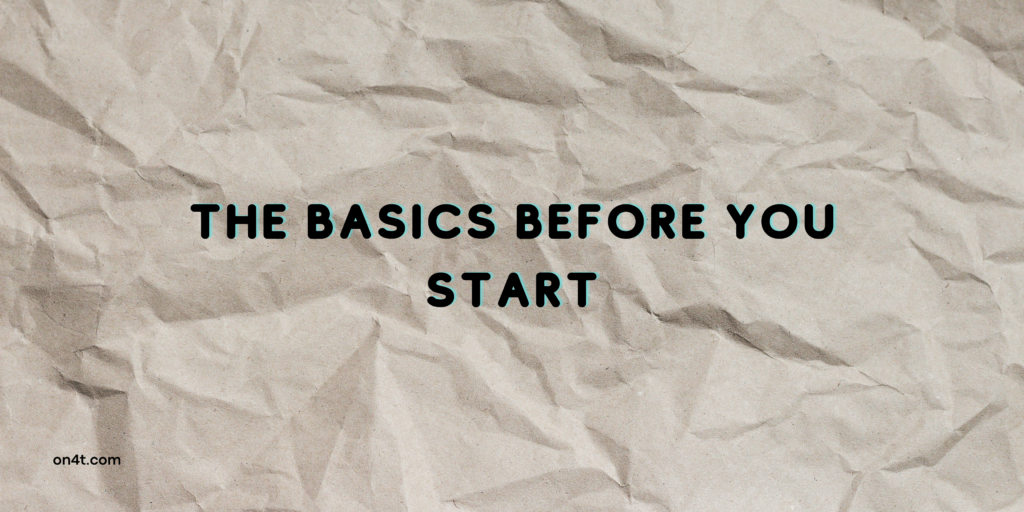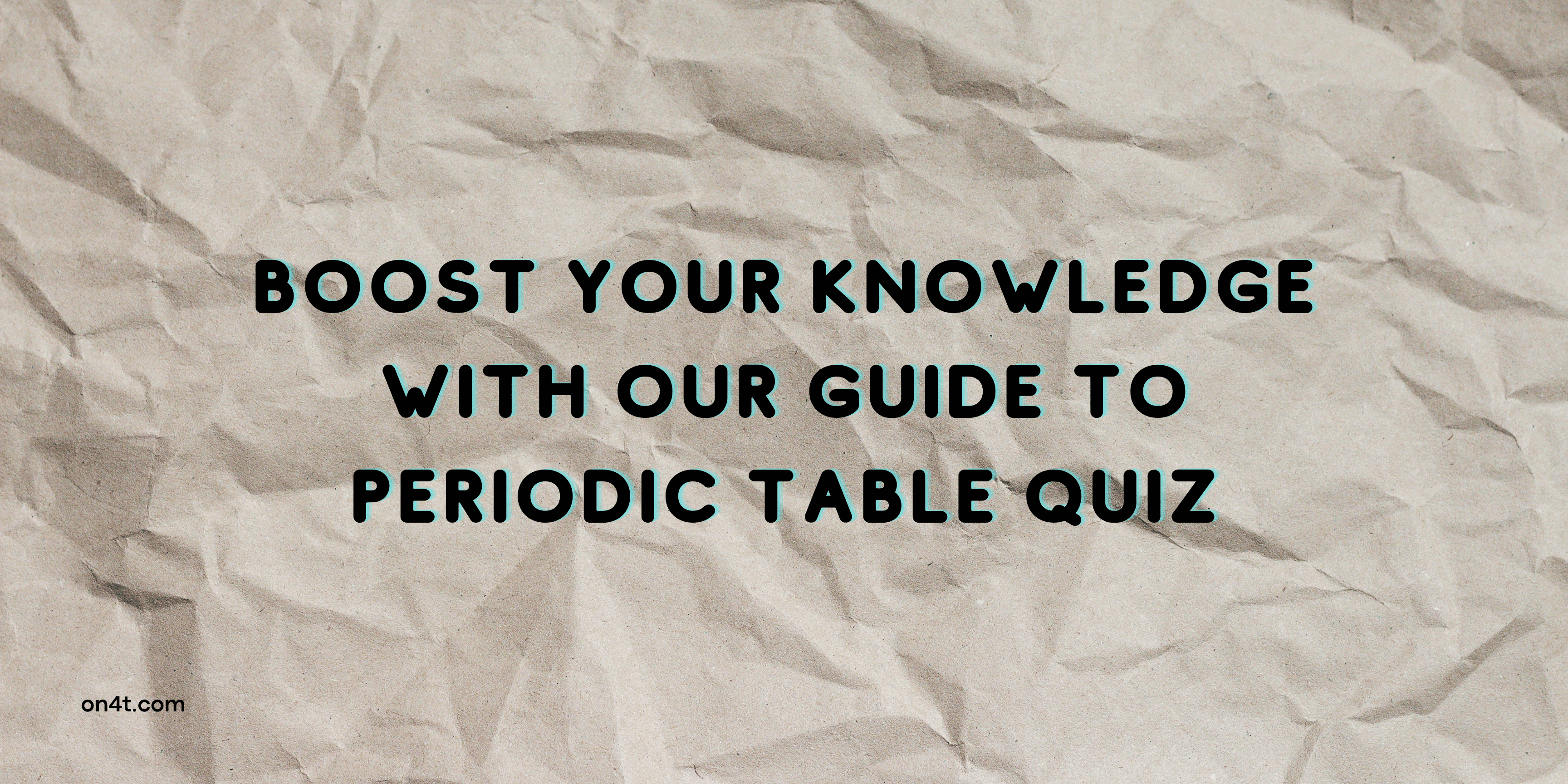A periodic table quiz is a fun way to test your knowledge of the elements and how they’re organized. This quiz covers everything from atomic numbers to chemical symbols, helping you learn more about the building blocks of matter.
In this article, we will discuss Boost Your Knowledge With Our Guide to Periodic Table Quiz. We’ll explore different types of questions you might face and share tips on how to remember tricky elements. Whether you’re a student or just curious, this guide will make learning about the periodic table easy and enjoyable.
Why Take a Periodic Table Quiz?
- Taking a periodic table quiz can be a fun and educational way to boost your knowledge of the elements. Here are a few reasons why you should give it a try:
- Reinforce your learning: Quizzes are a great way to review and reinforce what you’ve learned about the periodic table.
- Identify areas for improvement: Quizzes can help you identify areas where you need more practice.
- Prepare for exams: Periodic table quizzes can be a helpful way to prepare for exams.
- Expand your knowledge: Quizzes can help you learn new information about the periodic table that you might not have known before.
The Basics Before You Start

Before you start taking a periodic table quiz, it’s helpful to have a basic understanding of the following concepts:
- Atomic number: The number of protons in an element
- Element symbol: The one or two-letter abbreviation for an element.
- Group: A vertical column on the periodic table
- Period: A horizontal row on the periodic table.
Sample Quiz Questions
Which element is represented by the symbol “Fe”?
a. Iron
b. Copper
c. Silver
d. Gold
What is the atomic number of oxygen?
a. 8
b. 16
c. 18
d. 32
Which element is located in group 17 of the periodic table?
a. Chlorine
b. Sodium
c. Calcium
d. Argon

Which element is a noble gas?
a. Helium
b. Carbon
c. Nitrogen
d. Aluminum
The number of electrons in an atom is determined by its:
a. Atomic number
b. Mass number
c. Valence
d. Electronegativity
Beyond the Quiz: Applying Periodic Table Knowledge in Real Life
Beyond the classroom, the periodic table offers a wealth of practical applications in our daily lives. From selecting safe cleaning products to understanding the nutritional value of food, a grasp of the periodic table empowers us to make informed choices.
Furthermore, the periodic table plays a crucial role in technological advancements and engineering. For instance, the properties of different elements guide the development of innovative materials, such as lightweight alloys used in aerospace and medicine.
Moreover, the periodic table serves as a foundational tool for comprehending chemical reactions and processes in industries like pharmaceuticals and energy production. It aids in understanding catalyst behavior, optimizing reaction yields, and developing sustainable and efficient technologies.
FAQs
What is the difference between a quiz and a test?
A quiz is a short assessment designed to test your knowledge or understanding of a particular subject, while a test is a more formal and comprehensive evaluation that typically covers a broader range of material.
How can I prepare for a periodic table quiz?
There are several ways to prepare for a periodic table quiz. You can study the periodic table itself, look up information about different elements, and practice answering quiz questions. You can also take practice quizzes online or in books.
What are some tips for remembering tricky elements on the periodic table?
There are a few things you can do to help you remember tricky elements on the periodic table. One is to group elements by their properties, such as their group or period. Another is to use mnemonic devices, such as rhymes or acronyms. You can also create flashcards or study guides to help you learn the elements.
How can I apply my knowledge of the periodic table in real life?
There are many ways to apply your knowledge of the periodic table in real life. For example, you can use it to understand the nutritional value of food, select safe cleaning products, and learn about the properties of different materials. You can also use the periodic table to understand chemical reactions and processes in industries like pharmaceuticals and energy production.
Conclusion
Our journey through the Periodic Table Quiz highlights how essential understanding the elements is. By exploring each element, we’ve seen their unique properties and roles in the universe. This knowledge is not just academic; it’s crucial for various scientific and practical applications. You can also read our recent blog.
Let’s keep our curiosity alive and continue learning about these building blocks of matter. Their fascinating world holds the key to many of science’s future discoveries and innovations.